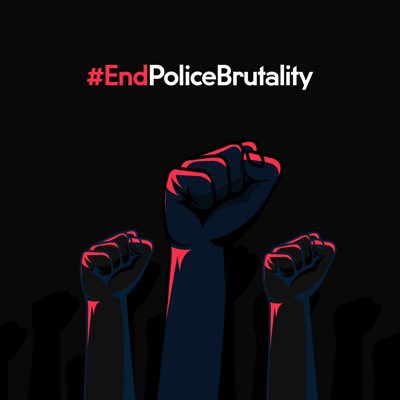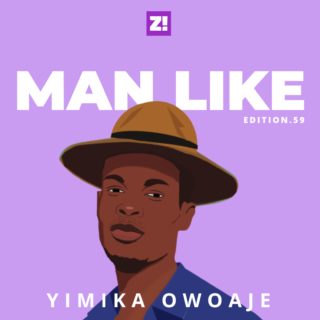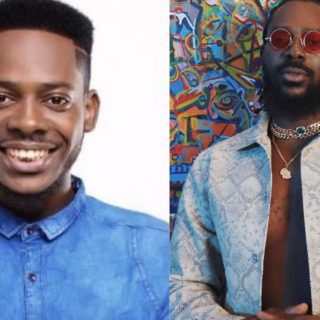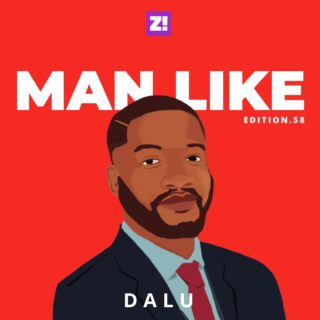On October 8, 2020, Nigerians trooped out in great numbers to protest the continued kidnapping, extortion, robbery and murder of Nigerians by members of the Special Anti-Robbery Squad, infamously known as SARS.
The Nigerian populace has historically been strange bedfellows with protests and demonstrations. The people, after several decades of iron-gloved military rule, had become particularly averse to protests. With careful consideration of past events, the people are not exactly to blame for their apathy towards civil disobedience.
Suggestions of protests and demonstrations are usually quickly shot down by others who think protesters are risking their lives for a country that will neither mourn nor remember them or the causes they died for. This is partly true. Countless extra-judicial killings of protesters have largely gone unpunished, with the names of the victims barely remembered after the fact.
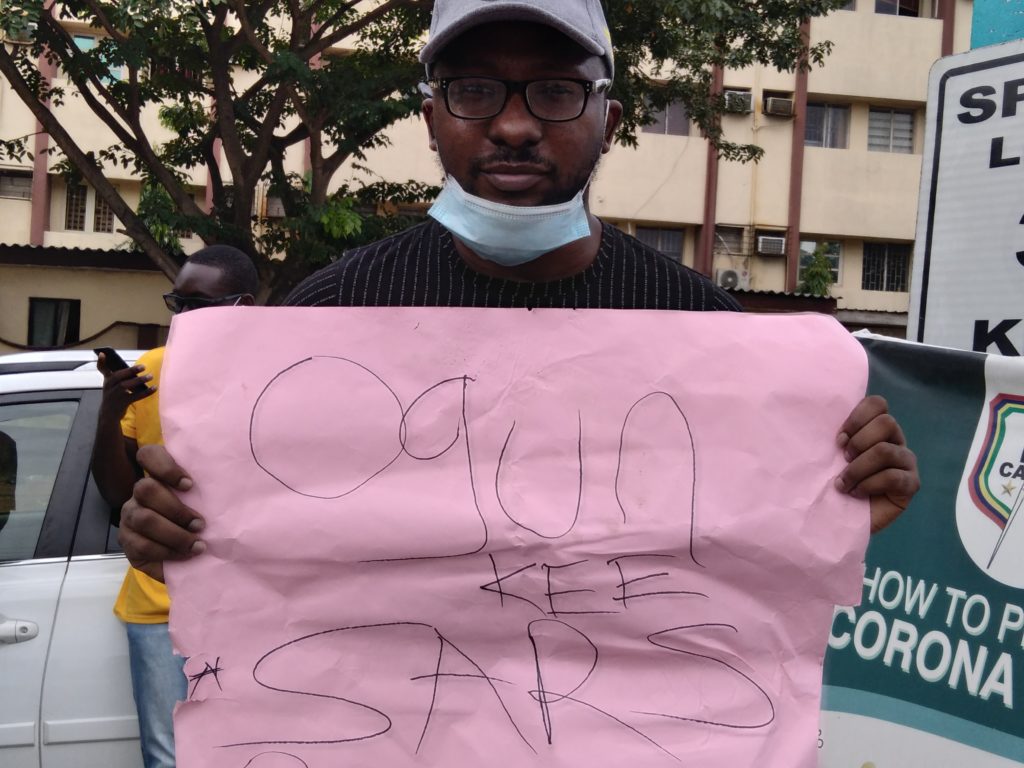
Consequently, the outpouring of citizens to protest police brutality and corruption surprised many who had given up on protests as a means of societal change in Nigeria. Online and offline, Nigerians rallied round to bring global attention to the scourge. Celebrities globally have lent their voices to the movement and are urging their own governments to take action. Rallies and protests are springing up in Pretoria, New York, Washington, Dallas, Toronto, London, Dublin, Berlin, Cologne and Geneva.
In Nigeria, young people have taken to the streets in Ikeja, Lekki, Egbeda, Amuwo-Odofin, Agege, Idimu, Uyo, Delta, Ibadan, Ogbomosho, Kaduna, Abuja, Benin, Port Harcourt, Ilorin, Jos and several other locations. It’s arguably the biggest uprising Nigeria has seen since the last military government’s reign ended in 1999. But why have these protests been so successful in a country where young people are often taught to avoid fomenting trouble with the government?
It is down to a number of reasons, some deliberate, others fortuitous. Perhaps the most important of these factors is the fact that the #EndSARS protests have no individual/organisation acting as a rallying point. The protest was near-spontaneous, sparked as a result of the brutal treatment young people received in the hands of the armed unit created to protect against
All of these helped galvanize the movement and spur protesters. There are three consequences of the absence of leadership of the protests. Firstly, it meant that no decisions were unilaterally made by any person, body or committee. The protesters conferred and agreed unanimously on the mechanics of the protest, such as where to march to and how to demonstrate. The second reason is tied to the troubling history of the people’s movements being sabotaged by protest leaders who have either been threatened, bribed or compromised in some other way by the government. The absence of a leader-cum-negotiator has proven invaluable to the EndSARS protests.
Lastly, the absence of a link to any political group, organisation or singular individual grants the EndSARS protests credibility in the minds of Nigerians. This has the effect of giving legitimacy to the body of protesters, encouraging other people to join the movement and lend their voices. There are no suggestions that the protesters are a rented crowd or have been partisan.
For the continued success of the movement, protesters must ensure that no leaders are selected to negotiate with the government. The organisation and coordination must remain fluid and no centre figure should emerge from the protests. In the same vein, any attempt to hijack the protests or align it with any political movement must be immediately rebuffed.
Once the aluta ball was set a-rolling, it was fed continued momentum by Nigeria’s millions of Twitter users who proceeded to trend the #EndSARS hashtag in all its variations. Within hours, celebrities such as Cardi B, Wale and Ian Wright had all tweeted in support of the movement.
People unable to physically attend the protests donated money and supplies and coordinated supply efforts across the protests. Money, water, drinks, snacks and face masks were distributed at several protest venues. Volunteers continuously helped clean up the protest venue. A handful of protesters spend the night at the venue, bidding leaving protesters a farewell and welcoming arriving protesters in the morning. Certain Nigerian brands such as Flutterwave, BuyCoins, Paystack, Zikoko and TechCabal have committed financial and human resources to the movement, while continually standing behind the protest, while Nigeria’s traditional financial and media institutions continue to remain eerily quiet.
Perhaps the most important reason for the influence the EndSARS protests has wielded is the fact that there is only one simple, singular demand: disband the Special Anti-Robbery Squad with immediate effect. Any other suggestion is counterproductive to the interest of the movement. Reforms have been suggested; the protesters are simply not having it. So strongly do the Nigerian youth believe in their cause that they have refused to be deterred or intimidated, despite the police firing bullets and teargas at protesters in Delta, Ogbomosho and the country’s capital city Abuja, leaving one dead and several injured.
The rogue unit of the police force has had a long history of being ostentatiously banned or reformed, without any real changes being made. The youth of Nigeria speak in a unitary voice; EndSARS or nothing.
